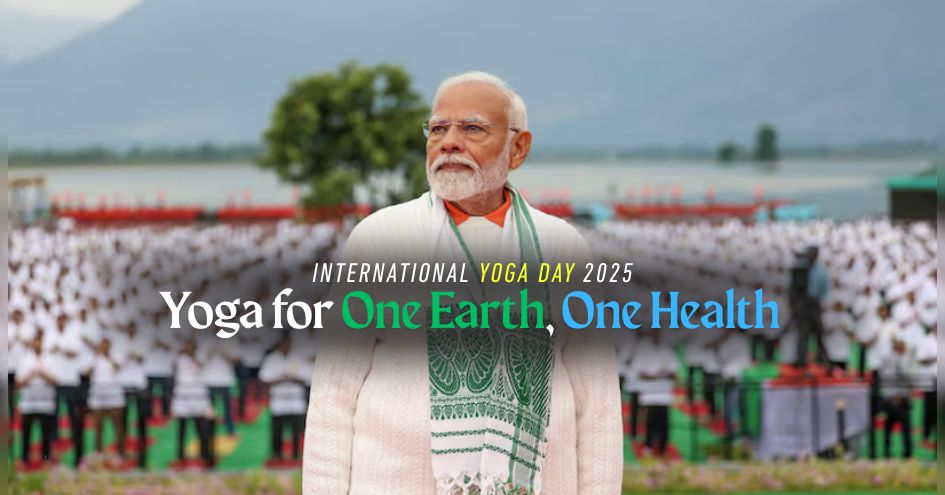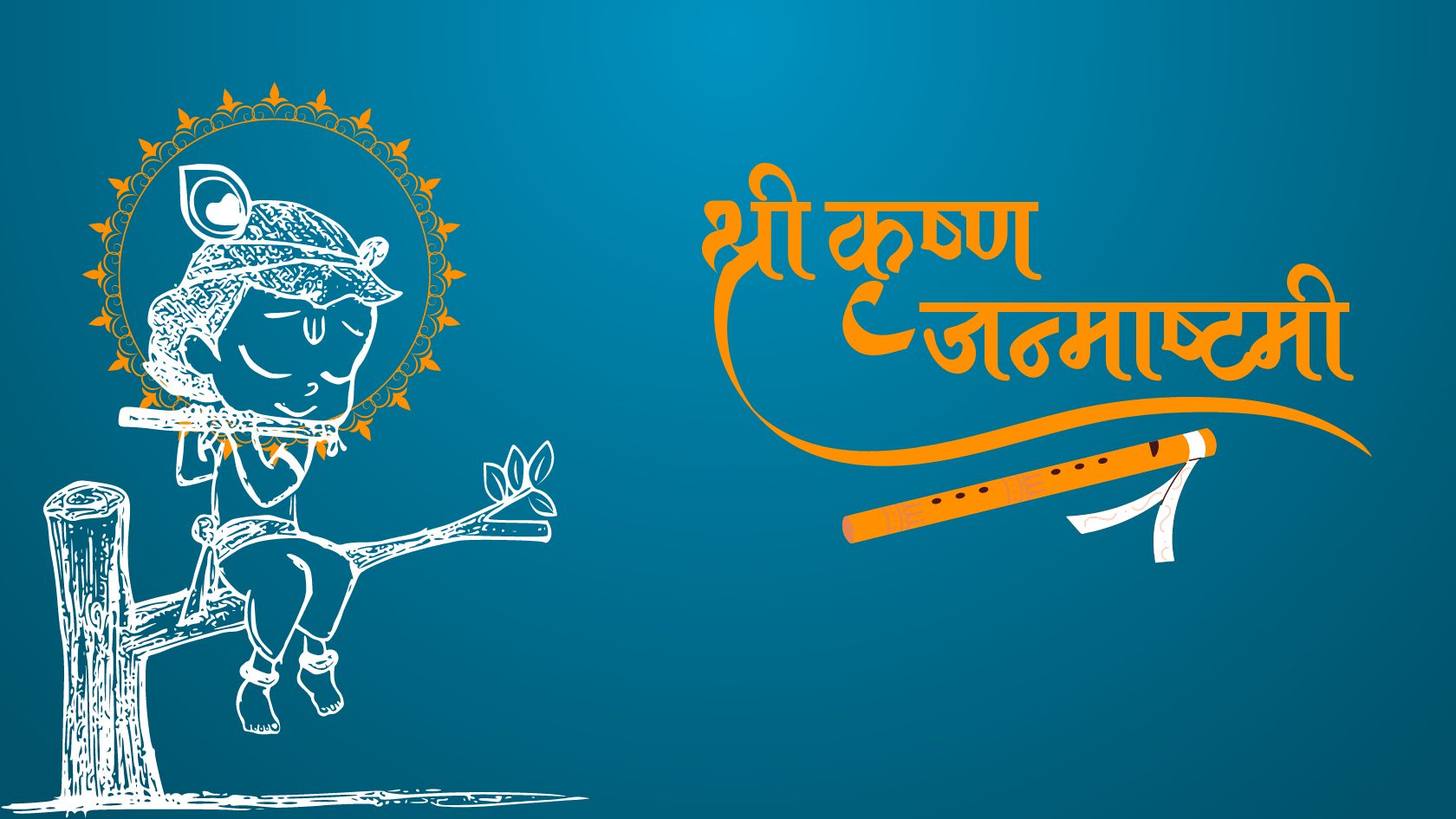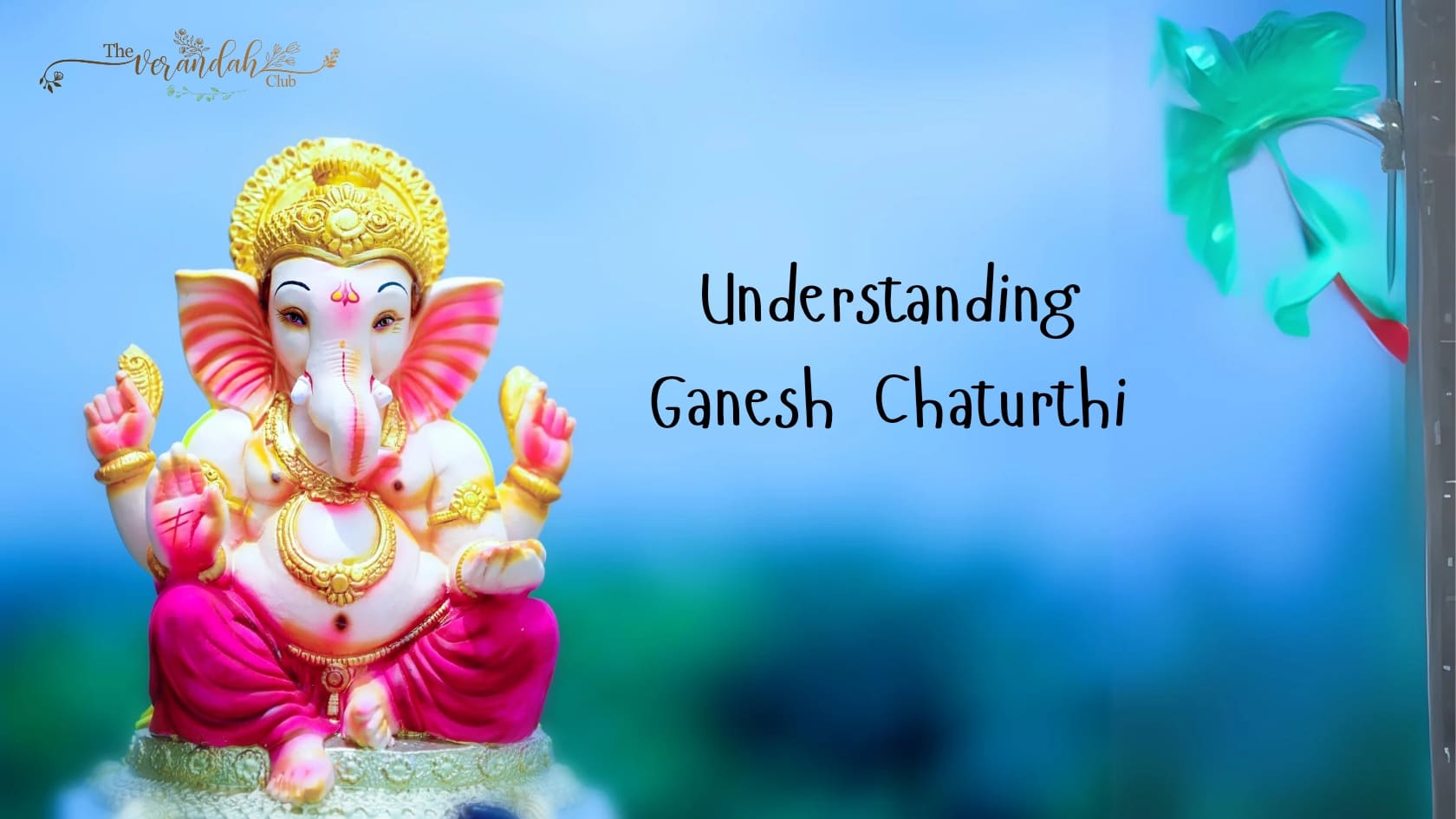
Earlier this year in March, Prime Minister Narendra Modi formally declared "Yoga for One Earth, One Health" as the theme for International Yoga Day 2025. He further mentioned that this theme embodies India's mission to make global wellness better by using yoga to make everyone healthy.
Considering the close connection between human health and the health of our planet, PM Modi stated that yoga is not only important for individual health but also for the wellbeing of the entire world. He likened yoga to a unifying power that dissolves divisions to unite people for a healthier world.
In a world filled with constant motion and endless distraction, yoga offers a timeless path back to balance, connection, and peace. Though often associated with postures and physical flexibility, yoga is far more than a mere fitness regimen — it is a philosophy of life, a science of well-being, and a journey inward. So, on this International Yoga Day, we are reminded that yoga is more than a posture—it's a pathway. A path from separation to connection, from outer noise to inner stillness, from ‘me’ to ‘we’.
The word yoga comes from the Sanskrit root yuj, meaning to yoke or to unite. At its heart, yoga is about the integration of body, mind, and spirit — and ultimately, the union of the individual self with the universal consciousness. This union is not limited to the yoga mat; it extends into the way we think, act, and relate to the world around us. The deeper purpose of the practice of yoga is to dissolve the false sense of separation between the individual and the larger web of life.
In the modern era, where stress, disconnection, and imbalance are common, yoga provides profound tools for holistic healing and transformation. Our mind, body, breath and energy are all connected. As we work with one aspect of the practice, we exert our influence over all the other aspects as well. Through the mindful practice of asana (postures), we cultivate strength, flexibility, and presence in the body. Through pranayama (breath control), we calm and balance the nervous system and awaken inner vitality. Through dhyana (meditation), we quiet the mind and reconnect with the deeper Self. Yet the true essence of yoga lies beyond techniques. It invites us to live with greater awareness, compassion, and harmony — within ourselves, with others, and with nature. Yoga teaches us that swasthya — is not just the absence of illness, but the state of being rooted in the Self.
A yogi learns that personal actions — whether mindful or careless — impact not just one’s own body, but the entire ecosystem. The ethical foundations of yoga, known as the yamas and niyamas, guide us toward non-violence (ahimsa), truthfulness (satya), contentment (santosha), and non-greed (aparigraha). These values are deeply needed in this era of climate crisis and environmental imbalance and foster both personal growth and collective well-being. The air we breathe, the food we eat, the water we drink — all come from nature. As yoga restores balance within us, it also nurtures a sense of responsibility toward the planet.
In yogic philosophy, the body is seen as a microcosm of the Earth. The five elements — earth (prithvi), water (apah), fire (tejas), air (vayu), and space (akasha) — form both the body and the cosmos. When we honor this truth, we move beyond individual well-being to embrace ecological awareness. We begin to realize that individual health and happiness are inseparable from the health of the planet. As we attune to the rhythms of our breath, we become more sensitive to the rhythms of the Earth. As we find balance within, we are inspired to create balance in the world.
As the ancient sages taught: “Sarve bhavantu sukhinah, sarve santu niraamayaah” — May all beings be happy, may all be free from illness. Yoga is, at its heart, a practice of service — not only for oneself, but for the greater good of all life.
As we celebrate the spirit of yoga, let us honour its wisdom and carry its light into our lives — for our own well-being, and for the well-being of the world.
ends
 Shailaja Menon is the student of Guru Manoj Kaimal and has been teaching yoga for the last 24 years. She is the author of “Yoga Shakti - Awaken Your Own Power" and "Breathe Bend Be" which are available on Amazon India. Her ability to translate the practice of yoga from mere shapes on a mat to a living, breathing philosophy and way of life is what makes her classes, writings and perspectives so insightful.
Shailaja Menon is the student of Guru Manoj Kaimal and has been teaching yoga for the last 24 years. She is the author of “Yoga Shakti - Awaken Your Own Power" and "Breathe Bend Be" which are available on Amazon India. Her ability to translate the practice of yoga from mere shapes on a mat to a living, breathing philosophy and way of life is what makes her classes, writings and perspectives so insightful.
NEXT ARTICLE

Ashadhi Ekadashi, also known as Shayani Ekadashi, falls on the 11th lunar day (Ekadashi) of the bright fortnight (Shukla Paksha) of the Hindu month of...

Every year, as the monsoon rains dance on the fields of India, an ancient story unfolds in the hearts of millions. It is the story of Krishna, the bel...

Ganesh Chaturthi, also known as Vinayaka Chaturthi, is a significant Hindu festival that honors Lord Ganesha, the deity revered as the remover of obst...